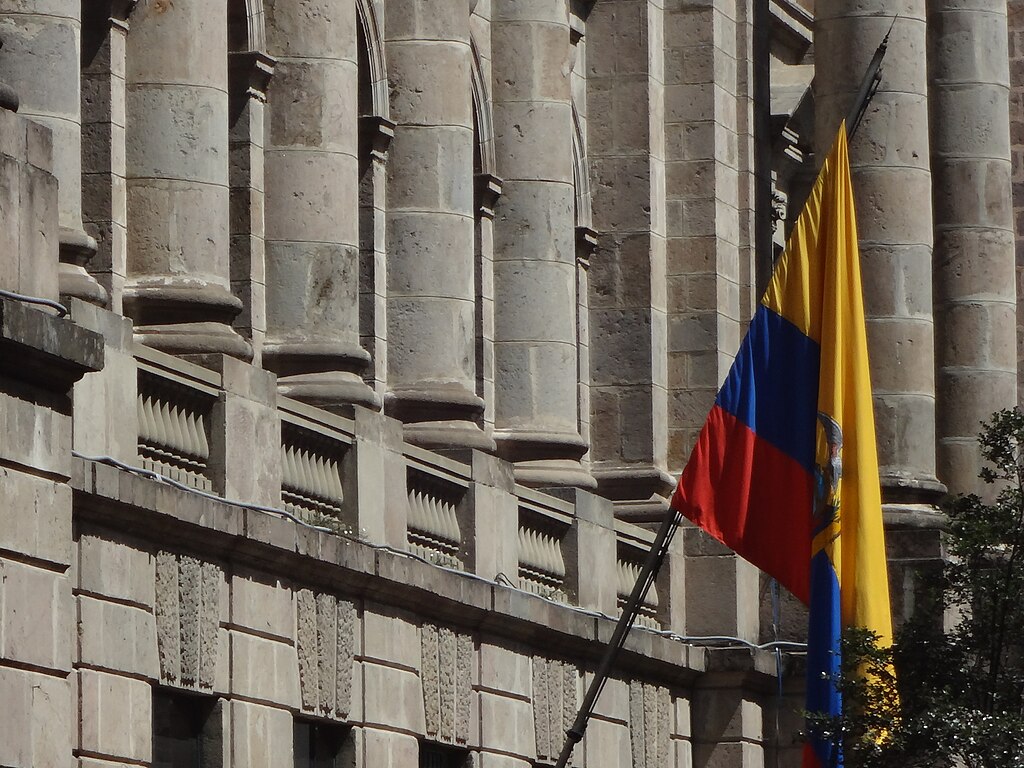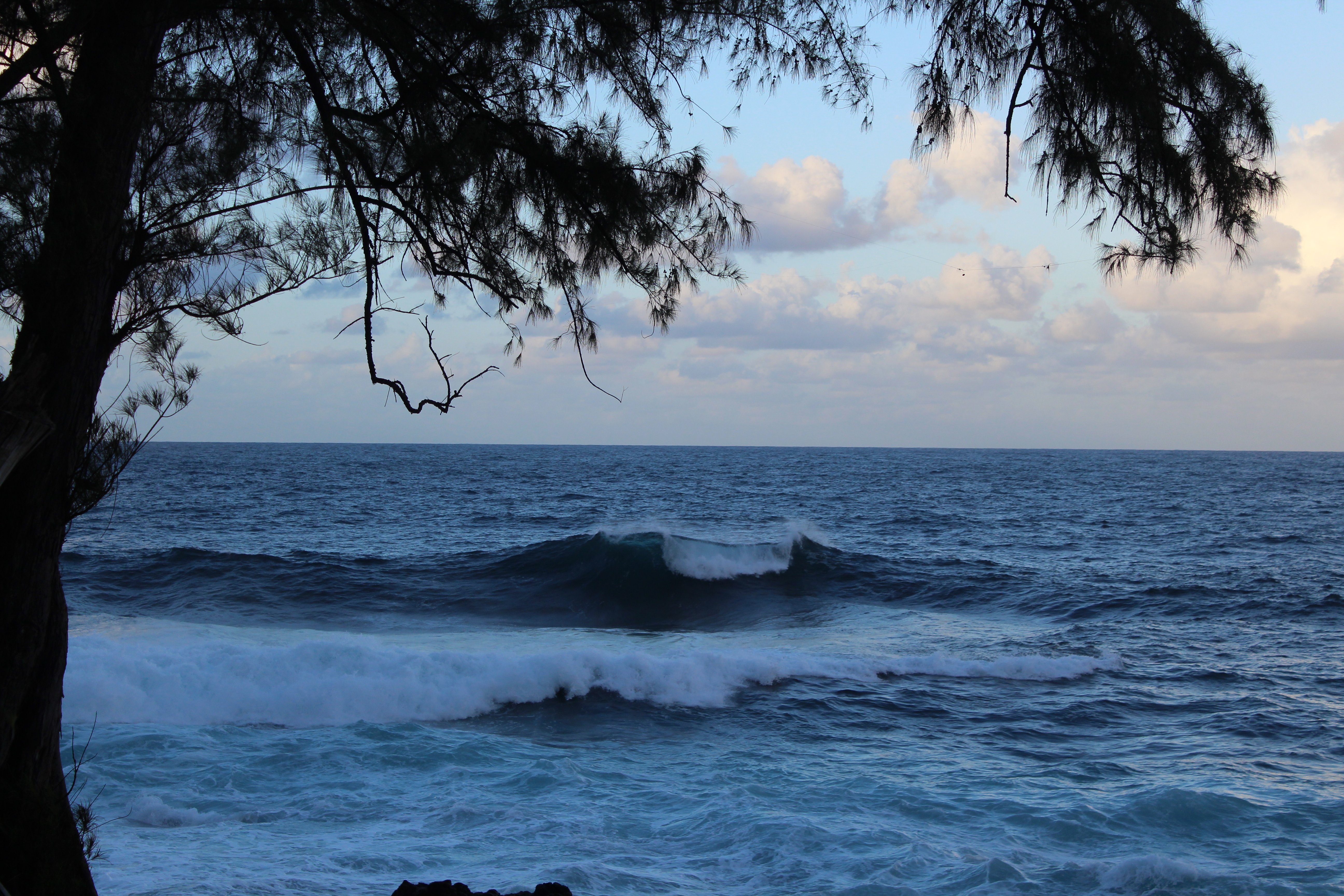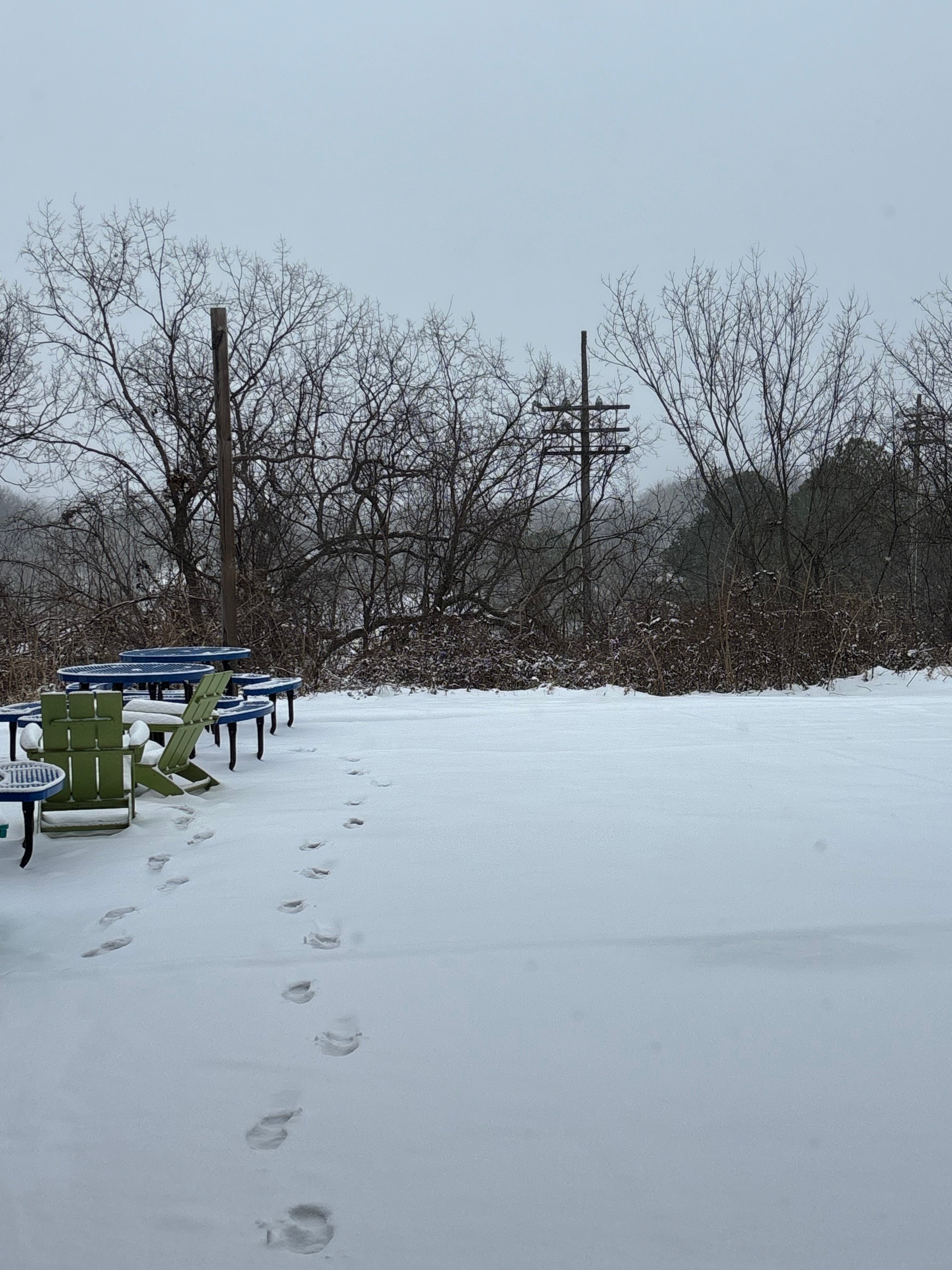![]()
The previously considered peaceful South American country Ecuador has found itself thrust into the throes of a profound and escalating crisis. Culminating in the last few weeks of 2023, the nation has been grappling with a surge in violence over the last couple of years that has resulted in what the country’s president has declared a “state of war.”
Though in the past Ecuador had emerged as a positive outlier in comparison to some of its South American neighbors in regards to safety and drug trafficking, recent years have shown the country spiral down into progressively worse conditions in which crime and gangs have taken control of the nation. Now, as the echoes of gunfire resound through the streets and headlines tell tales of prison escapes, gang takeovers, and armed incursions into institutions, it becomes imperative to unravel the intricate web of factors contributing to this unsettling state of affairs.
A key determinant contributing to the present situation in Ecuador is the evolving landscape of cocaine production and distribution on a global scale over recent years. Traditionally, countries like Colombia and Peru have served as primary cocaine distributors within their region. However, peace accords negotiated by governments with guerilla entities, notably the Revolutionary Armed Forces of Colombia (FARC), and shifts in the demand for cocaine have resulted in a discernible power vacuum awaiting fulfillment.
In this context, Ecuador, owing to its strategic geographical location, emerged as a viable candidate to assume this influential role. Subsequently, an influx of various criminal organizations and trafficking networks ensued, positioning themselves to fill the void left by their predecessors.
Now, the country is said to be dealing with 20 different criminal bands which have taken control of the nation, having even infiltrated governmental institutions and prison systems to use as their main points of operation. As a result, Ecuador’s streets have become increasingly unsafe, with homicide rates having quadrupled since 2018 and attempts against public safety becoming more prevalent than ever. Streets, hospitals, and even television stations have been taken over, and citizens have begun feeling increasingly more unsafe in their own homes.
So, how has the government responded? Back in December, the prosecutor’s office conducted the largest anti-corruption and anti-drug trafficking operation in the country’s history, named “Metastasis.” Similarly, the recently elected president Daniel Noboa has stated he has made the battle against drug trafficking and corruption his top priority. Taking inspiration from Salvadorian president Nayib Bukele, the Ecuadorian president has pledged to build massive prisons and purchase prison ships that will isolate criminals offshore.
In El Salvador, president Bukele has arisen as a popular but controversial character in the international landscape. Though Bukele’s policies have reduced gang violence and unsafe conditions in the country, many have condemned him for measures that violate human rights in order to attain their objectives. In Ecuador, Noboa wishes to imitate Bukele’s strategies to tackle the crisis at hand.
Nonetheless, some argue that doing so may not be the most efficient solution. John Walsh, the director for drug policy at the Washington Office on Latin America, contends that while countries like El Salvador have demonstrated improvement with a militarized strategy, other Latin American case studies suggest that such an approach could exacerbate the prevailing issues within those nations.
“Rather than trying to counteract these developments with the tools and strategies that have failed disastrously in the past, we need new ways of thinking and in particular to challenge drug prohibition as an enabler of the organized crime and corruption that we are supposedly trying to tackle,” Walsh said.
Photography by David Adam Kess

Celeste Masis
Celeste is a student at John Brown University.





